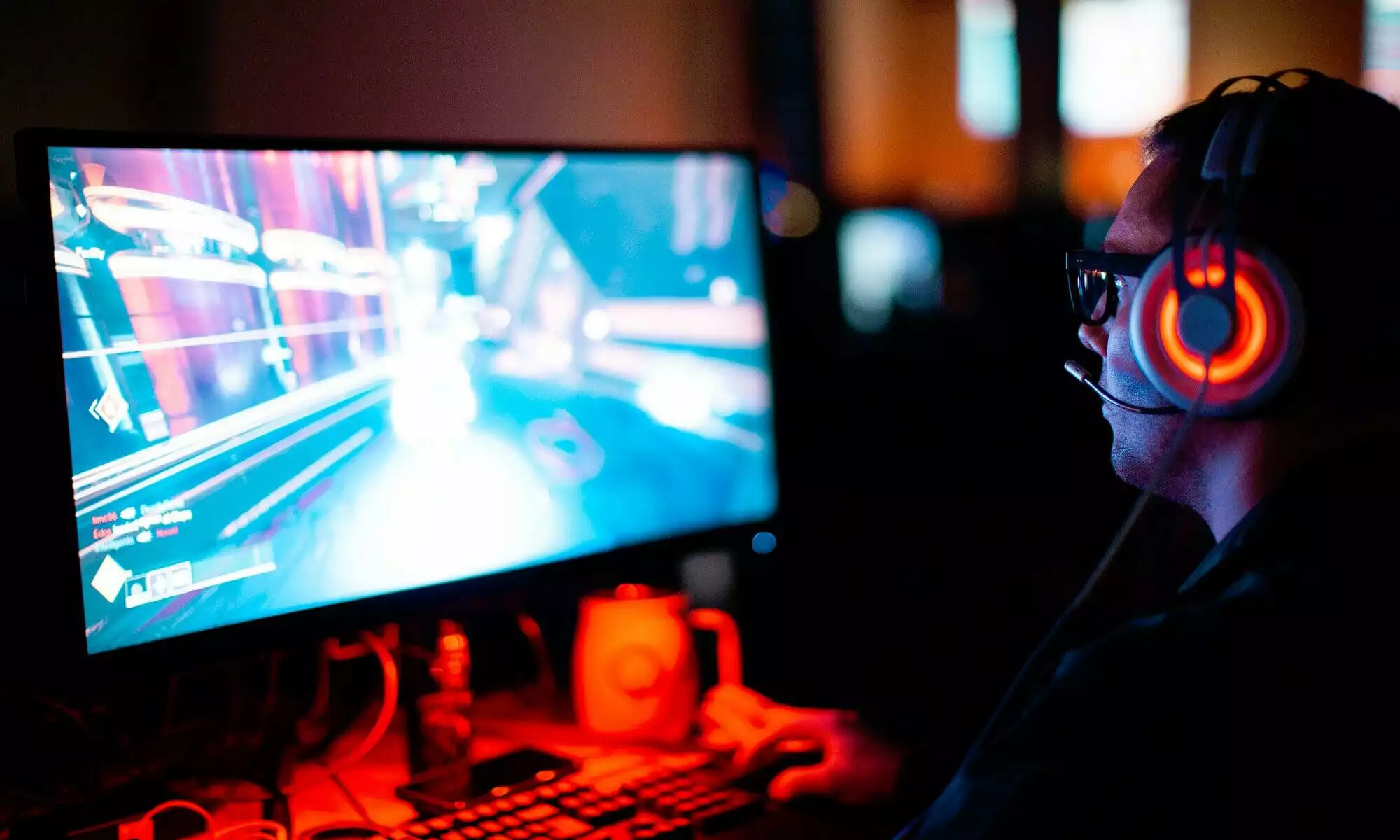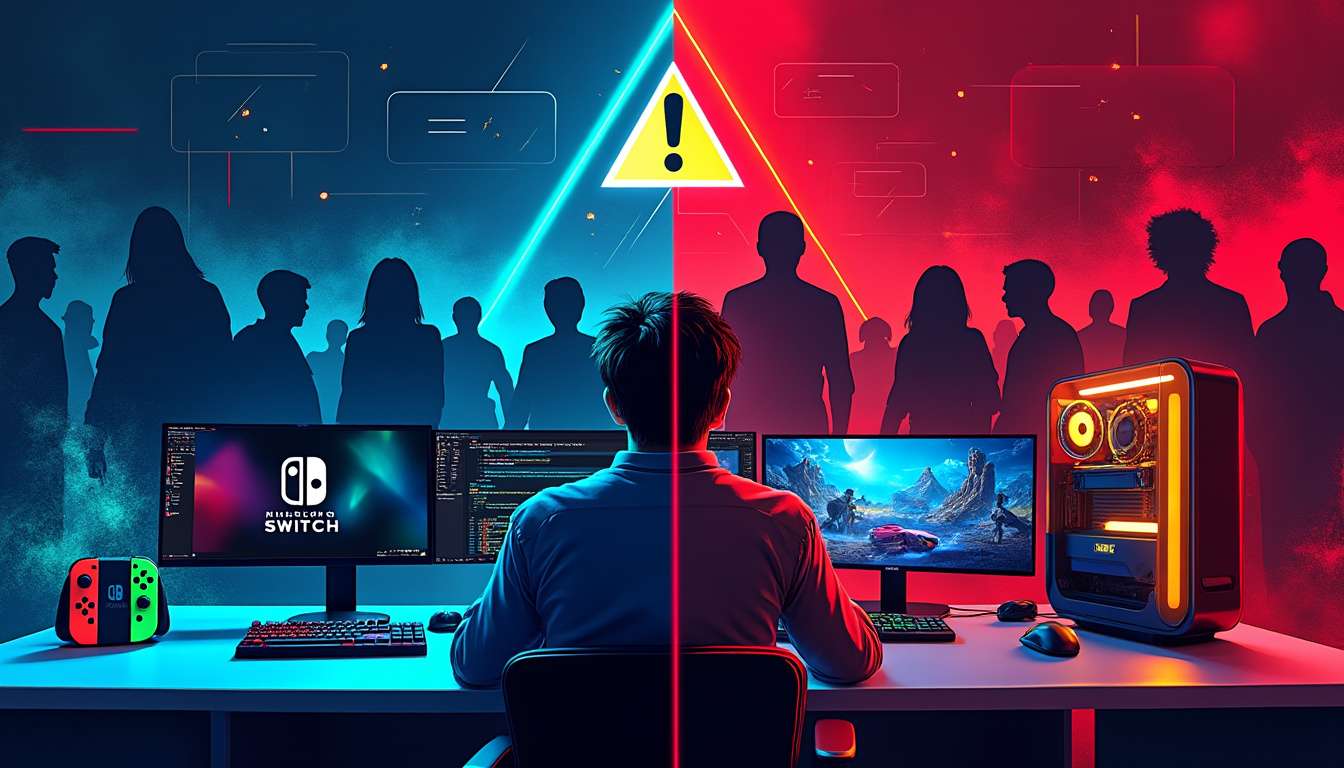- Nintendo’s Aggressive Anti-Piracy and Modification Policies on Switch
- Comparison of Console Restrictions Versus PC Gaming Freedom
- Detailed Analysis of Nintendo’s Updated User Agreement and Its Impact on Gamers
- Market Trends: Switch 2, PC Gaming, and Competitive Handheld Devices
- How Industry Giants Like Sony, Microsoft, Valve, and Others Shape Gaming Experiences
Nintendo’s Strengthened Enforcement Against Switch Piracy and Modifications
As 2025 unfolds, Nintendo has taken a decidedly hard stance against piracy and hardware or software modifications on its Switch consoles. Recent changes to Nintendo’s online user agreement explicitly grant the company the authority to render consoles permanently unusable should they detect infringements. Unlike previous agreements, this update goes beyond mere restrictions and introduces the possibility of outright device deactivation tied to suspected violations.
The agreement now forbids users from actions such as copying, modifying, reverse engineering, or circumventing Nintendo’s services, without Nintendo’s explicit consent. This includes using unauthorized copies of Nintendo software or exploits that alter device functionality. Such terms are more restrictive than earlier versions and notably lack previous legal exceptions, leaving users more vulnerable.
- Explicit ban on publishing, copying, or modifying Nintendo software
- Prohibition of circumvention through hardware or software modifications
- Authority granted to Nintendo to disable devices partly or fully
- Liability shifted to legal guardians for minors under updated terms
- Clarification that games are licensed, not owned, further limiting user rights
| Aspect | 2021 EULA | 2025 Updated EULA |
|---|---|---|
| Copying & Modifying Software | Restricted but with legal exceptions noted | Restricted without exceptions — firmly prohibited |
| Device Disabling | Not clearly stated | Explicit right to permanently disable violating devices |
| User Ownership | Implied ownership stance | Games licensed, user rights significantly limited |
| Guardian Responsibility | Not specified | Guardians responsible for minors’ account compliance |
This approach by Nintendo showcases a corporate readiness to safeguard its intellectual property aggressively but raises concerns around consumer rights and device ownership, especially when compared to more open platforms.
Contextualizing Nintendo’s Position in the Broader Gaming Ecosystem
When Nintendo clamps down on piracy and unauthorized modifications, it places itself in contrast with the growing appeal and freedoms of PC gaming. Enthusiasts lament the loss of modding capabilities and freedom on the Switch platform while PC gamers benefit from an open ecosystem promoted by companies like Valve, Epic Games, Razer, ASUS, and Corsair. These companies support extensive customization, modding, and backward compatibility that keep long-term hardware use viable.
Meanwhile, Nintendo’s rivals Sony and Microsoft continue to push boundaries with their consoles, often grappling with balancing proprietary restrictions against user freedoms. Microsoft’s efforts in handheld PC-like devices such as Project Kennan, and Valve’s Steam Deck further blur the lines between consoles and open PC platforms. Even Rockstar Games and Activision adapt by integrating microtransactions and subscription services, illustrating how publishers approach content control and revenue.
- PC platforms offer greater software and hardware modification freedom
- Valve’s Steam Deck and upcoming handhelds from Microsoft experiment with hybrid models
- Console exclusives and ecosystem locks maintain a user base for Nintendo and Sony
- Emerging handheld devices increasingly threaten Nintendo’s market dominance
- Subscription and digital services raise questions on future content ownership
| Platform | Modification Policy | Content Ownership | Notable Companies | Market Impact |
|---|---|---|---|---|
| Nintendo Switch | Strict bans, device disablement authorized | Software licensed only | Nintendo | Strong brand loyalty but consumer backlash risks |
| PC Gaming | Open modifications encouraged | Software ownership generally more flexible | Valve, Epic Games, Razer, ASUS, Corsair | Growth in user customization and long device lifespan |
| Sony & Microsoft Consoles | Moderate restrictions, focus on exclusive content | Software licensed, with some ownership limits | Sony, Microsoft, Activision, Rockstar Games | Blend of exclusivity and digital service growth |
Such contrasts reveal shifting consumer expectations and competitive dynamics that highlight the ongoing tension between proprietary control and user empowerment.
Technical and Market Implications of Nintendo’s Updated EULA
Nintendo’s move to render unauthorized consoles permanently unusable seems to anticipate the upcoming Switch 2 launch. This timing suggests a preemptive strategy to protect the new hardware’s ecosystem and revenue, echoing moves seen before with legacy platforms like the 3DS and Wii U that hardened against jailbreaks before service terminations.
The shift also impacts the secondary market, DIY repair enthusiasts, and even legitimate modders who rely on system openness. Games like the hit CRPG titles or classic modules accessible through subscription services may become less accessible as Nintendo tightens online dependencies and disables older hardware once support wanes.
- New Switch 2 poised to rely on strict DRM protections
- Backwards compatibility and emulator performance under scrutiny
- Potential disruption of user-run local libraries and ROM usage
- Growing friction in online service discontinuation and device usability
- Increasing consumer migration to PC and Steam Deck platforms
| Factor | Effect | Industry Trend |
|---|---|---|
| Strict DRM Enforcement | Device bricking for detected piracy/modifications | Corporate-led control replacing consumer freedom |
| Subscription Service Reliance | Risk of content loss upon service shutdown | Increased focus on digital-only delivery |
| Emergence of Hybrid Handhelds (PC-like) | Pressures Nintendo’s exclusivity and market share | Competition from Valve’s Steam Deck and upcoming Microsoft devices |
Community Response and Broader Industry Trends
The Nintendo gaming community has voiced concerns over these stringent policies. Many players enjoy legitimate modding practices to enhance performance, maintain older games, or transfer ownership rights, such as extracting game ROMs for personal use—a practice still legally protected in many regions. The crackdown threatens these activities and undermines consumer trust.
Meanwhile, PC gamers continue to thrive with expansions to SteamOS and extensive support from companies like Razer and ASUS, offering highly customizable hardware that lives well beyond typical console cycles. This growing divide between closed and open ecosystems could influence future purchasing choices and development focuses.
- Consumers seek greater control and flexibility over their devices
- PC ecosystem supports diverse hardware and software modifications
- Nintendo’s restrictive stance runs counter to established consumer rights movements
- Industry trends show increasing digital ownership constraints across consoles
- Subscriptions versus ownership models continue to fuel debate
| Community Aspect | Nintendo Switch | PC Gaming |
|---|---|---|
| Freedom to Modify Hardware/Software | Highly restricted, penalized | Wide support, encouraged |
| Game Library Accessibility | Dependent on online services and account status | Flexible, including local backups and mods |
| Consumer Rights Impact | Limited due to licensing terms | Looser, with community-driven protections |
| Long-Term Hardware Viability | Threatened by device bricking tactics | Extended through upgrades and repairs |
Exploring Alternatives: Why Many Gamers Are Turning to PC and Hybrid Devices
The ongoing restrictions on Nintendo Switch hardware highlight why a growing number of gamers prefer PC or hybrid devices like Valve’s Steam Deck or Microsoft’s upcoming handhelds. These platforms offer more expansive modding capabilities, vast libraries supported by companies including Activision and Rockstar Games, and fewer risks of device disablement.
The PC’s flexible landscape enables players to customize controllers from Razer, ASUS, and Corsair, enjoy frequent hardware upgrades, and take advantage of communities actively enhancing gameplay experiences. Additionally, these platforms typically offer broader game selection and more transparent ownership rights than Nintendo and traditional consoles like Sony’s PlayStation.
- Greater modding freedom and hardware customization on PC and hybrids
- More reliable access to games over long periods
- Support from diverse game developers and publishers
- Lower risk of losing hardware functionality from manufacturer sanctions
- Advanced emulation reaching and sometimes surpassing console performance
| Characteristic | PC & Hybrid Devices | Nintendo Switch |
|---|---|---|
| Game Modding | Encouraged and supported | Strictly prohibited |
| Hardware Upgradability | High (customizable parts and peripherals) | Limited |
| Market Game Library | Extensive, with diverse developer support | Strong for exclusives, smaller overall |
| Device Security Against Piracy | Software-based controls, less hardware risk | Device disabling possible |
For a broader dive into PC dominance and comparative platform analysis, readers might explore why PC gaming often outshines consoles and detailed console versus PC matchups. Other intriguing topics include platform selection guides and insights on future handheld devices like Microsoft’s next-gen hardware.
Celebrating Nintendo’s Heritage Amidst Contemporary Challenges
Despite the controversies, Nintendo retains an iconic place in gaming history with timeless franchises like Mario and Zelda. Fans keen to appreciate the cultural legacy can revisit the wonderful world of Super Mario Bros. and explore the vast open worlds of Zelda: Breath of the Wild. Yet, the company’s present policy shifts highlight the evolving dynamics of video game ownership and platform control.
This tension between tradition and innovation, control and freedom, defines the current era in gaming, where console giants Nintendo, Sony, and Microsoft negotiate their relevance alongside PC gaming pioneers Valve, Epic Games, and others.

